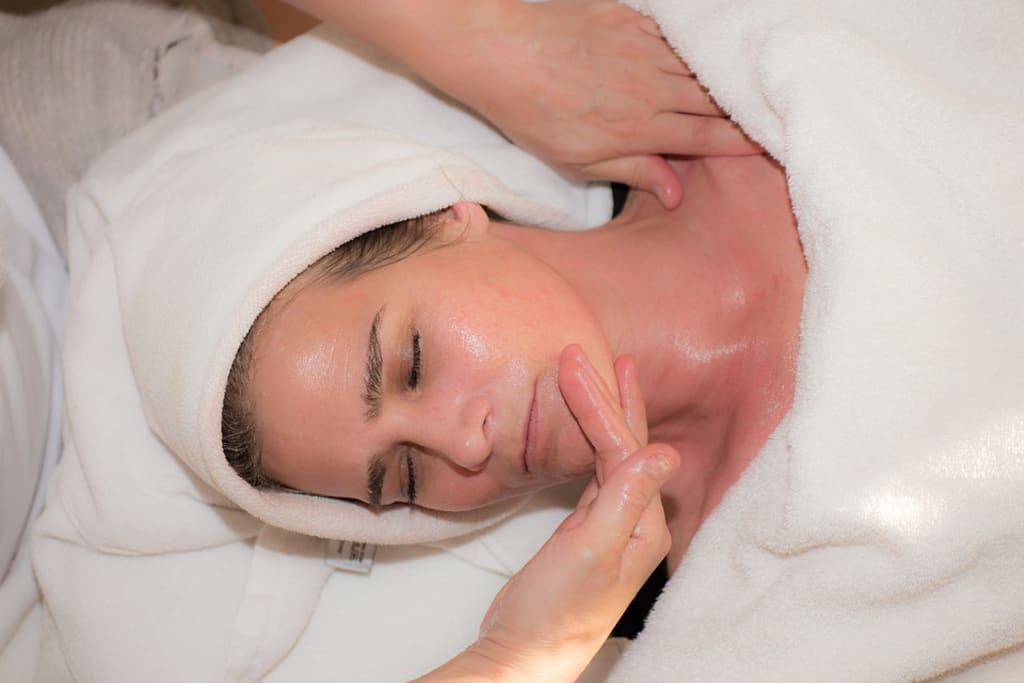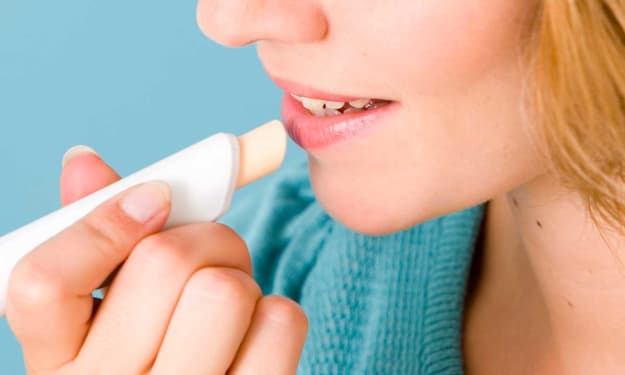Understanding Hives: Causes, Symptoms, and Treatment
Appearance and Characteristics of Hives

Introduction
Definition of hives
Prevalence of hives
Appearance and Characteristics of Hives
Physical description of hives
Comparison to mosquito or ant bites
Severity and potential complications
Common Causes of Hives
Insect bites and stings
Food allergies
Medication allergies
Chronic infections
Seeking Medical Help for Hives
Duration of symptoms
When to consult a doctor
Diagnostic considerations
Treatment and Management of Hives
Antihistamines as the primary treatment
Duration of antihistamine use
Exploring underlying conditions
Conclusion
Frequently Asked Questions (FAQs)
Can hives be a sign of a serious medical condition?
How long does it take for hives to go away?
Can stress trigger hives?
Are there any natural remedies for hives?
Can hives be prevented?
Hives, also commonly referred to as urticaria, are a skin condition that affects many individuals at some point in their lives. These raised, itchy welts can appear on various parts of the body and can be caused by a range of factors. In this article, we will delve into the causes, symptoms, and treatment options for hives, helping you gain a better understanding of this often bothersome condition.
Appearance and Characteristics of Hives
Hives typically manifest as red, swollen areas on the skin, often with an accompanying itching sensation. They can occur on the arms, face, and any other body part, including the hands and feet. While hives usually present as small, elevated red bumps, they can also expand into larger, flat areas with raised edges. In medical terminology, hives are known as "urticaria."
When describing hives, individuals often liken them to mosquito or ant bites that become increasingly swollen. While hives may start as a mild annoyance characterized by itching and slight redness, they can escalate into a more severe problem. As hives spread to involve sensitive areas like the eyes and lips, they may even interfere with breathing, making it a potentially serious condition. However, hives are also frequently observed as a mild and temporary issue.
Common Causes of Hives
One of the most prevalent causes of hives is insect bites or stings. Contact with certain insects can trigger an allergic reaction, leading to the development of hives. Additionally, hives can arise as a result of food allergies or adverse reactions to specific medications. People often notice a pattern, associating hives with consuming particular foods like eggs or milk.
Chronic infections, particularly those caused by viruses like hepatitis, can also be linked to the appearance of hives. In such cases, hives can serve as an indicator of an underlying health condition, such as a thyroid or hormone problem, a viral infection, or a urinary infection. If hives persist for an extended period, it is advisable to consult a healthcare professional for a more comprehensive evaluation.
Seeking Medical Help for Hives
When hives first occur, it is important to assess their duration and intensity. If the symptoms are new and have only persisted for a few days, they are more likely to be related to insect bites, food allergies, or medication allergies. However, if hives continue to appear for an extended period or recur frequently, they might indicate an underlying skin condition or a systemic issue.
Consulting a doctor becomes crucial in such cases to determine the root cause and guide appropriate treatment. Healthcare providers will conduct a thorough examination and may recommend additional tests to identify potential underlying conditions. The primary goal is to rule out any serious health concerns and provide the most effective treatment plan.
Treatment and Management of Hives
Antihistamines, a class of medications that combat allergic reactions, are the mainstay of hives treatment. They work by blocking the effects of histamine, a chemical released during allergic responses that contributes to the development of hives. Antihistamines come in various types, and if one does not produce the desired results, others can be tried. These medications are generally safe, allowing for prolonged use when necessary.
In cases where the underlying cause of hives cannot be definitively determined, antihistamines may be prescribed for months or even years. While this extended use may raise concerns, it is important to prioritize symptom management and quality of life. However, it is essential to explore and address any potential underlying conditions that may be contributing to the hives.
Conclusion
Hives, or urticaria, are a common skin condition characterized by itchy, red welts on the skin. Although often a mild and temporary problem, hives can also be a symptom of an underlying health issue. Identifying the cause of hives is crucial in determining the appropriate treatment approach. Antihistamines are commonly used to manage the symptoms of hives, providing relief from itching and reducing the appearance of welts. If you experience persistent hives or if they become more severe, it is advisable to consult a dermatologist for a proper diagnosis and personalized treatment plan.
Frequently Asked Questions (FAQs)
Can hives be a sign of a serious medical condition?
Hives can sometimes indicate an underlying health condition, particularly if they persist for a prolonged period. It is essential to consult a healthcare professional for a comprehensive evaluation if you experience persistent or recurrent hives.
How long does it take for hives to go away?
The duration of hives can vary depending on the cause and individual factors. Acute hives typically resolve within a few hours to a few days, while chronic hives may persist for several weeks or even months.
Can stress trigger hives?
Yes, stress can be a contributing factor to the development of hives. Emotional stress can trigger or worsen hives in susceptible individuals. It is important to manage stress levels and employ stress-reducing techniques to help prevent hives.
Are there any natural remedies for hives?
While natural remedies may provide some relief for mild cases of hives, they are not a substitute for medical treatment. Applying cool compresses, taking oatmeal baths, or using aloe vera gel may help alleviate itching and soothe the skin temporarily. However, it is advisable to consult a healthcare professional for appropriate diagnosis and treatment.
Can hives be prevented?
Preventing hives largely depends on identifying and avoiding triggers. If you have identified specific allergens or substances that trigger hives, it is best to avoid them. In cases where the trigger is unknown or hives are recurrent, consulting a healthcare professional can help determine effective preventive measures.
About the Creator
Usmanghani Ghani
Experienced content writer with a passion for storytelling and captivating readers. Skilled in crafting engaging and informative articles across various topics.





Comments (2)
thank you MR.Hamza
best article for skin care info..very nice